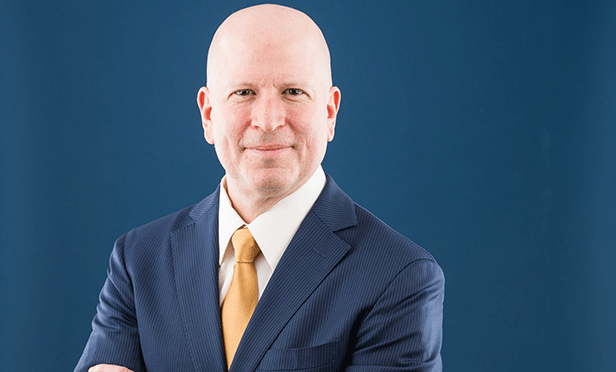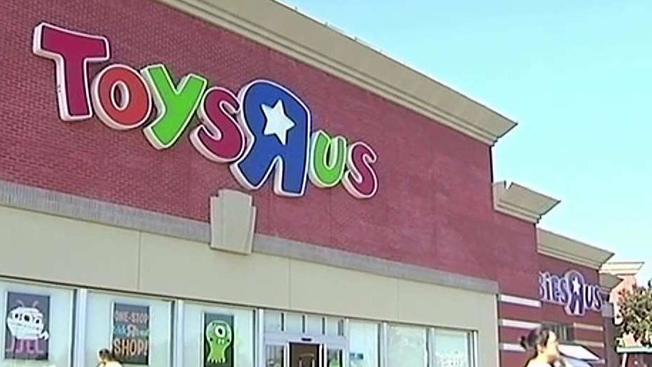
In the CMBS world, special servicers don't have the luxury of ignoring potential losses and deferring action on distressed loans. Once a loan is transferred to special servicing, the servicer must react in the best interests of the REMIC certificate holders, maximizing recovery on the transferred loan on a present value basis. Waiting around in the hope that the borrower will be able to turn around a distressed property would not meet this standard.
Rather, definitive action is required. In some cases, that may mean a modification or extension of the loan but, in most instances, a sale or foreclosure is the best course of action. And once a property is foreclosed, the REMIC trust cannot hold the asset indefinitely. REMIC rules require that the special servicer dispose of owned real estate (REO) by the end of the third year in which title to the property is obtained. While the Internal Revenue Service can grant an extension, most special servicers realize that extended retention does nothing to increase value.
CMBS loan delinquencies 30 days + rose from 1.18% at the end of 2008 to 5.61 % by the end of 2009. The number of loans in special servicing by the end of 2009 was a whopping 8.9%, with about half of those at 60 days + delinquency. This means that special servicers held approximately $28.7 billion of distressed debt as of the end of last year and that number is rising daily.
Commercial Mortgage Alert reported that the percentage of CMBS loans in special servicing stood at about 10%, or $72 billion as of the end of January. While this number should decline significantly as General Growth Properties' portfolio is returned to performing status, additional defaults resulting from pending maturities can be expected.
Special servicers have begun to address the rising amount of distressed assets they hold. Modification or extension of defaulted loans are the primary tools in their arsenal. Where a good property or strong borrower faces temporary problems, this is often the best route to maximizing recovery, particularly where a borrower or JV partner is willing to put more equity into the property. However, an increasing number of loans are being foreclosed or offered for sale.
The inability to offer financing on REO results in reduced pricing. Special servicers are attempting to place properties in receivership in all states where receiverships are available with less than a great deal of hassle. This allows the special servicer to get control of properties and position them for sale with financing available through assumption of the existing loan. But receiverships are not always readily available either as a result of state law or adversarial borrowers. Foreclosure then becomes the best way to gain control of a property. Special servicers report that the inability to offer seller financing has led to lower offers for REO. The inability to offer seller financing stems from REMIC tax rules that prohibit a REMIC trust from making new loans. It's a provision that many special servicers hope to see changed.
The Commercial Mortgage Securities Association has been working on a proposal for changes to the REMIC tax rules that would permit REMICs to provide financing to a buyer of REO on the same terms as the foreclosed loan, thereby effectively returning the loan to performing status. The CMSA proposal has met with some resistance from senior bondholders who generally want to recover principal as quickly as possible. But it is an interesting alternative to facilitate maximum recovery on a defaulted loan. The proposal would have to be enacted as a legislative change, since the Treasury Department does not have the regulatory authority to make such a change.The pace of CMBS defaults is almost certain to continue for some time and, with that, special servicers will have more distressed loans and REO available for sale. They are certain to seek out new and varied methods to maximize returns to bond investors-and this could spell opportunity for distressed debt buyers.
GlobeSt.com News Hub is your link to relevant real estate and business stories from other local, regional and national publications.
© Touchpoint Markets, All Rights Reserved. Request academic re-use from www.copyright.com. All other uses, submit a request to [email protected]. For more inforrmation visit Asset & Logo Licensing.






